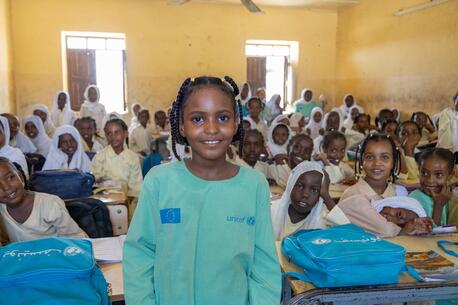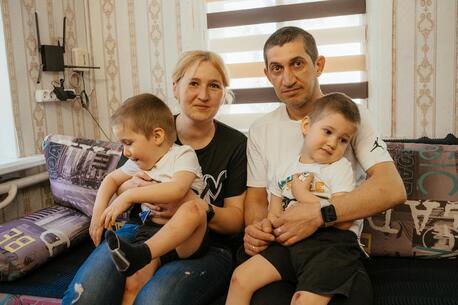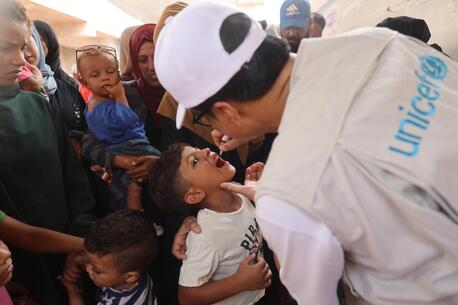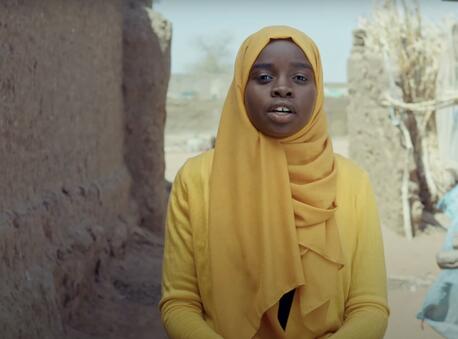
Children in War Write Poems for Peace
UNICEF shares its growing collection of deeply personal works that show resilience, creativity and hope in the face of danger and adversity.
A project that invites children caught in the crossfires of conflict to express their hopes and fears in verse
We have to continue lighting the Earth with peace.
And we will not stop the dialogue, even if we are running out of words.
So writes Amjad, a 14-year-old boy in Yemen, a country where millions of children and families have been suffering the effects of war for a decade.
UNICEF has received thousands of poems like Amjad's from children and young people all around the world since launching the Poems for Peace Initiative in 2020. The project invites kids who are living in or who have fled countries where there is armed conflict to share their feelings and experiences in verse.
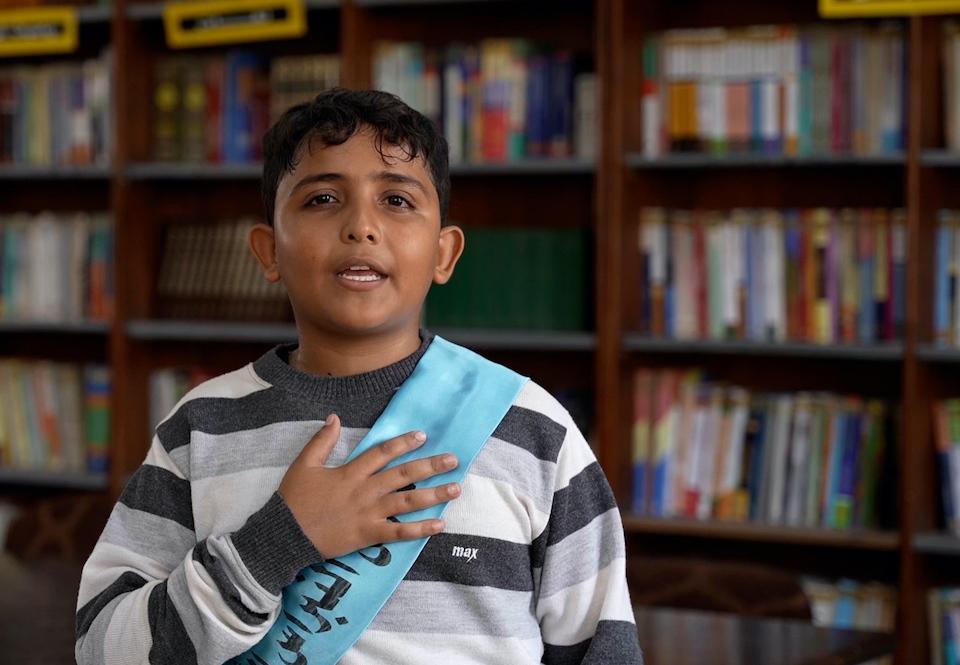
The point is to shine a spotlight on the extraordinary strength and courage of young people who know firsthand what it's like to live with violence, fear, uncertainty, and who have been traumatized while being torn from their homes, friends and schools.
Amplifying youth voices in this way also helps UNICEF convey the importance of involving children and young people in peace building.
Many of the poems show that — even in the face of the most challenging adversity — resilience, creativity and hope still exist within the hearts of young people.
Muzdalifa, 17, of Sudan writes:
Shattered dreams, broken ambitions
A child who dreams to sleep on a pillow and to study
Everything has fallen apart, but our will remains strong
Because we believe that there will be a better tomorrow, and that peace is coming
Maria, 12, left her beloved Odessa, Ukraine, for Bucharest with her mother in May 2022, a few months after war escalated in their home country. Her poem is written as a letter to a father.
An excerpt:
Dear dad, do you remember what day it is?
Today is my birthday. The seventh one!
Why didn’t I receive a letter?
Come on, write something good!
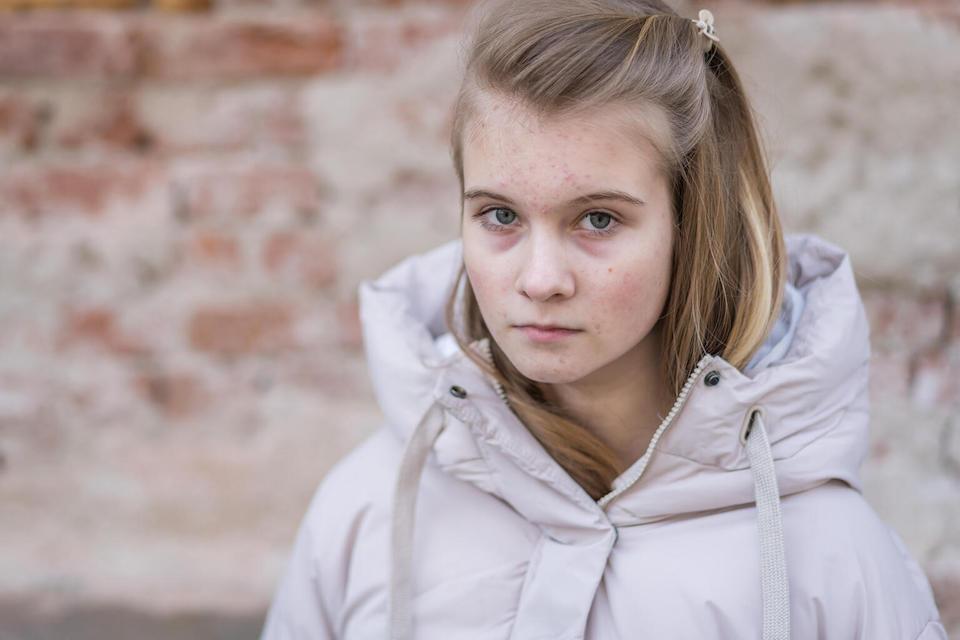
Other submissions have also been received from young poets from Afghanistan, Burkina Faso, Myanmar, Nigeria and Syria.
UNICEF helps save and protect child victims of war and violence through evidence-based interventions and response services in more than 140 countries. Learn more about how UNICEF helps children in conflict.
HOW TO HELP
There are many ways to make a difference
War, famine, poverty, natural disasters — threats to the world's children keep coming. But UNICEF won't stop working to keep children healthy and safe.
UNICEF works in over 190 countries and territories — more places than any other children's organization. UNICEF has the world's largest humanitarian warehouse and, when disaster strikes, can get supplies almost anywhere within 72 hours. Constantly innovating, always advocating for a better world for children, UNICEF works to ensure that every child can grow up healthy, educated, protected and respected.
Would you like to help give all children the opportunity to reach their full potential? There are many ways to get involved.



